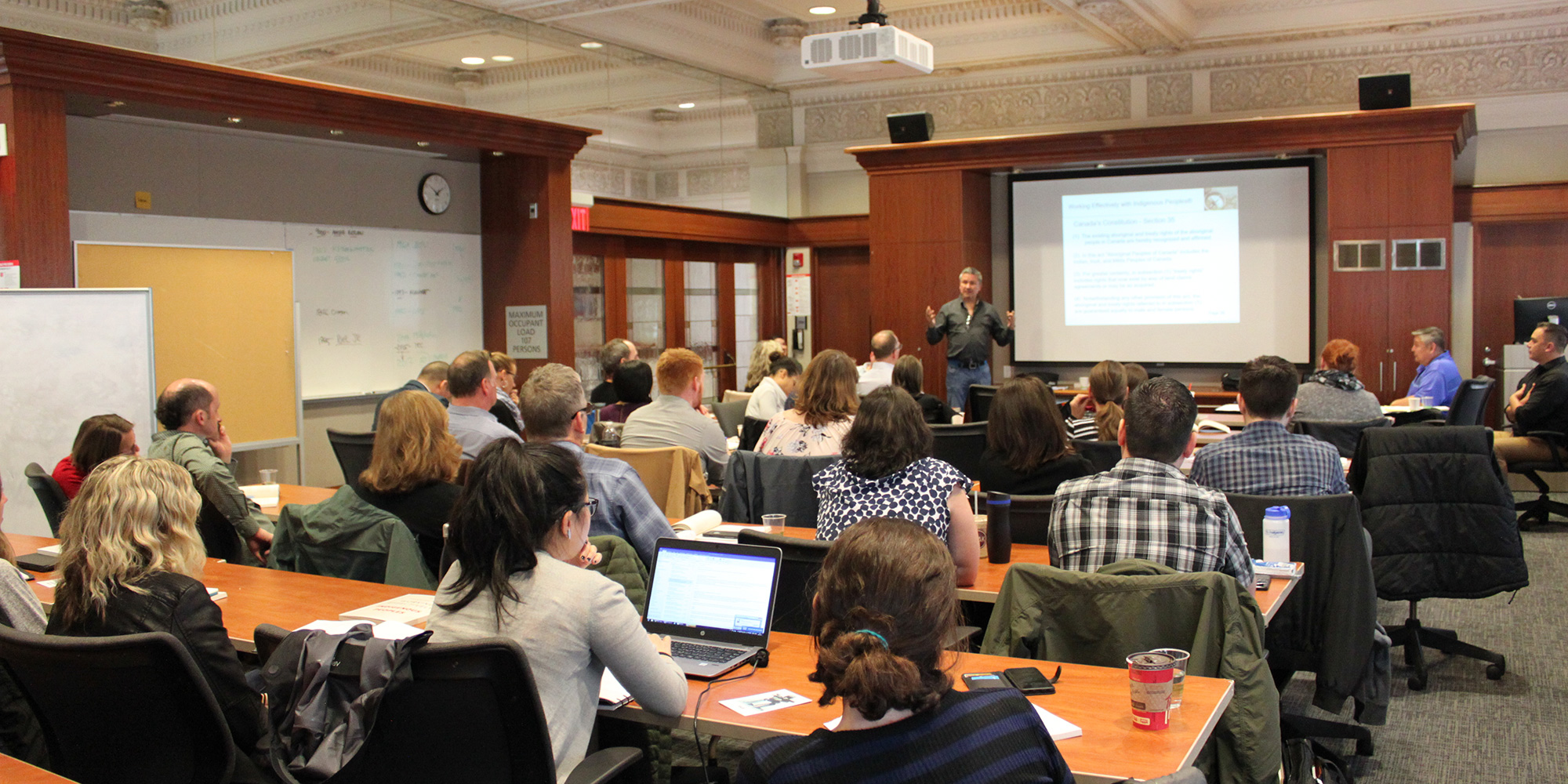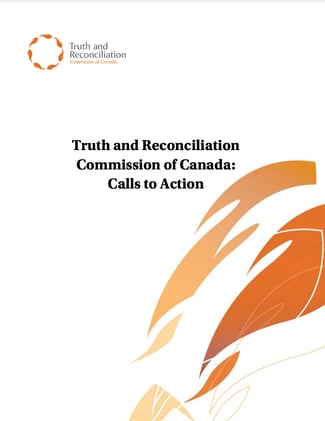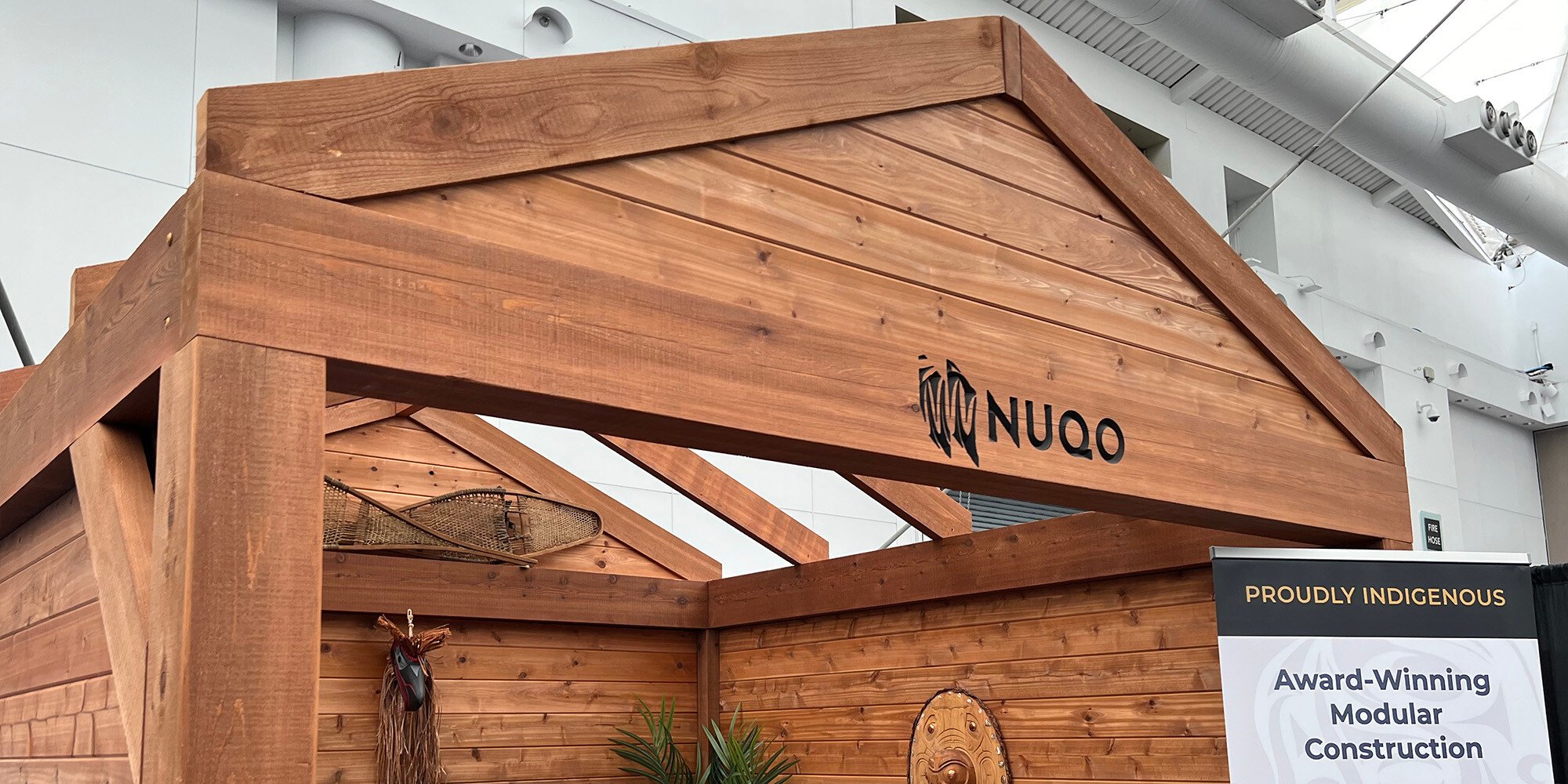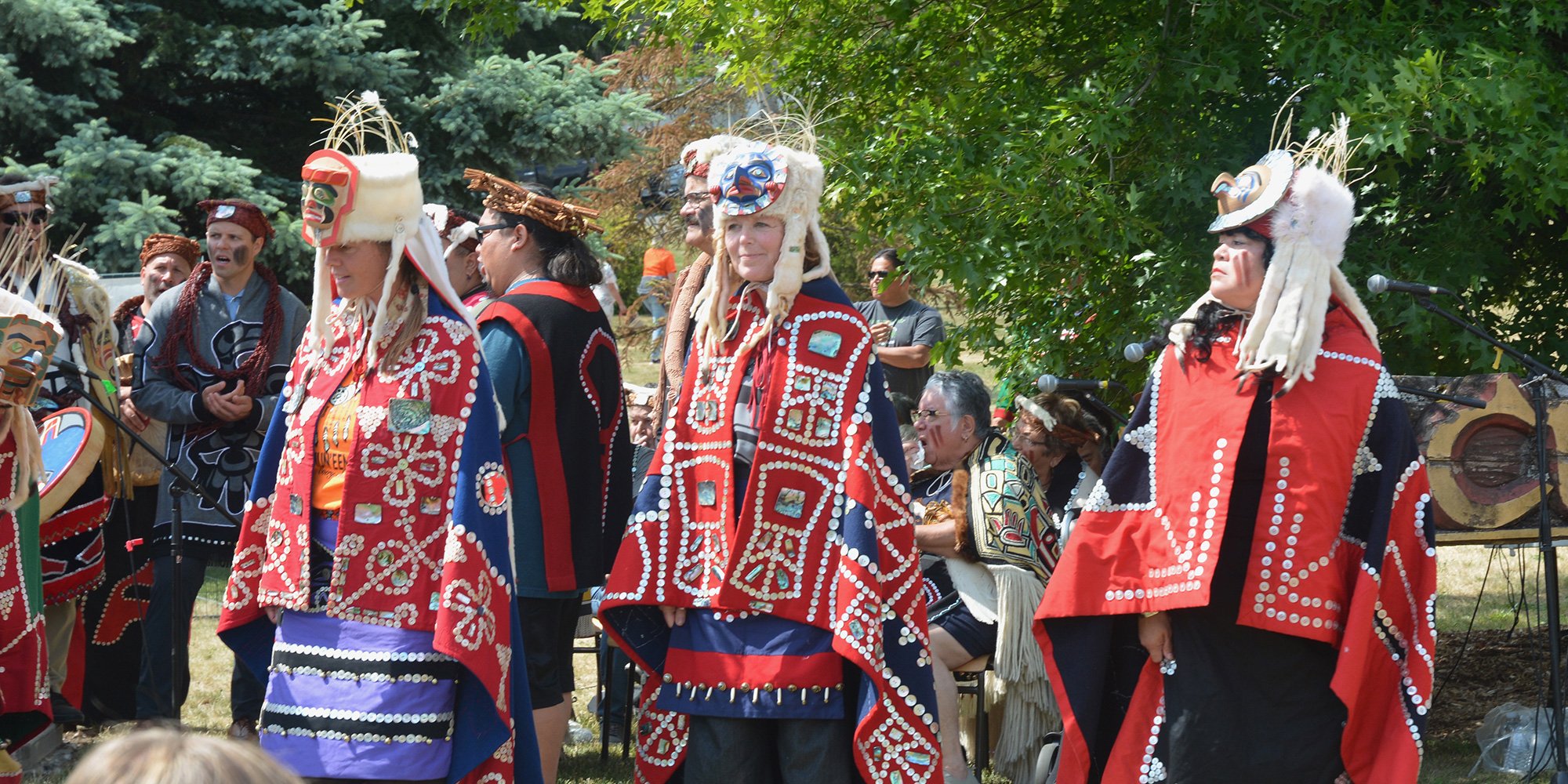The Role of Indigenous Procurement in Economic Reconciliation
In 2025, it will be a decade since the release of the Truth and Reconciliation Commission (TRC) Summary Report (June 2015) on the horrific...
4 min read
Bob Joseph September 25, 2018

It has been over three years (June 2, 2015) now since the Truth and Reconciliation Commission (TRC) of Canada released its summary report and 94 calls to action for reconciliation. Testimony gathered during a six-year period from over 7,000 survivors of the residential school system, forms the basis of the report. The Calls to Action (CTAs) targeted key institutions including child welfare, health, justice, education, and business.
Elements common to many of the CTAs are: 
In case you are not familiar with the calls to action, I’ve included a few of them at the end of the article so you can see for yourself the common elements required for reconciliation.
Almost as soon as the TRC published its report and calls to action, requests for our courses increased exponentially. Why? Because the material we cover meets those elements of reconciliation.
Providing training on Indigenous relations is not something we do off the corner of our desk. Since the publication of the Calls to Action, we’ve seen many firms and individuals hang out their shingles as trainers, and that’s ok. We don’t mind competition. However, what we do worry about is the quality of training provided. As this country moves along the reconciliation continuum, it’s critical that those who are providing Indigenous relations training do not play the blame game. Blame and guilt have no place in reconciliation.
Some trainers we have talked to have strong ideas about how to present materials. They use techniques such as, “they have to be led into a place and then taken out.” Some of the subject matter is of a sensitive nature and requires experience and skills to ensure everyone has a safe and enriching learning experience. Some learners have questions they want to ask but are concerned about how the question portrays them to their colleagues or other participants.
That's when your selection of a trainer becomes important. You don’t want to find yourself in a situation that’s uncomfortable nor do you want to look bad or feel embarrassed by asking questions. Be sure to explore the safe environment aspect with whomever you select.
It’s also important that the trainers have a deep and grounded knowledge of the history of Indigenous Peoples in Canada, the history and ongoing impacts of residential schools and how those impacts affect Indigenous relations today. For example, in our awareness training, we have trainers who have experience directly or through their families. Competent trainers must also be well versed in Indigenous rights, what those rights are and are not, how those rights have been denied, and the court cases that have defined those rights.
Judging from the increasing demand for our training, I think we’re doing a pretty good job. But, don’t take my word for it, you can check out some comments on our Testimonials page.
Our Indigenous relations training provides a full continuum of training with foundational training and advanced training.
Here are some of the 94 Calls to Action that have the common elements (in bold) of reconciliation that I mention at the beginning. If you aren’t familiar with them and what the TRC asked for, it’s worth the read.
Health
- We call upon all levels of government to
i. Increase the number of Aboriginal professionals working in the healthcare field.
ii. Ensure the retention of Aboriginal healthcare providers in Aboriginal communities.
iii. Provide cultural competency training for all healthcare professionals.- We call upon medical and nursing schools in Canada to require all students to take a course dealing with Aboriginal health issues, including the history and legacy of residential schools, the United Nations Declaration on the Rights of Indigenous Peoples, Treaties and Aboriginal rights, and Indigenous teachings and practices. This will require skills-based training in intercultural competency, conflict resolution, human rights, and anti-racism.
Justice
- We call upon the Federation of Law Societies of Canada to ensure that lawyers receive appropriate cultural competency training, which includes the history and legacy of residential schools, the United Nations Declaration on the Rights of Indigenous Peoples, Treaties and Aboriginal rights, Indigenous law, and Aboriginal–Crown relations. This will require skills-based training in intercultural competency, conflict resolution, human rights, and anti-racism.
- We call upon law schools in Canada to require all law students to take a course in Aboriginal people and the law, which includes the history and legacy of residential schools, the United Nations Declaration on the Rights of Indigenous Peoples, Treaties and Aboriginal rights, Indigenous law, and Aboriginal–Crown relations. This will require skills-based training in intercultural competency, conflict resolution, human rights, and antiracism.
Professional Development and Training for Public Servants
- We call upon federal, provincial, territorial, and municipal governments to provide education to public servants on the history of Aboriginal peoples, including the history and legacy of residential schools, the United Nations Declaration on the Rights of Indigenous Peoples, Treaties and Aboriginal rights, Indigenous law, and Aboriginal–Crown relations. This will require skills-based training in intercultural competency, conflict resolution, human rights, and anti-racism.
- We call upon church parties to the Settlement Agreement to develop ongoing education strategies to ensure that their respective congregations learn about their church’s role in colonization, the history and legacy of residential schools, and why apologies to former residential school students, their families, and communities were necessary.
Media and Reconciliation
- We call upon Canadian journalism programs and media schools to require education for all students on the history of Aboriginal peoples, including the history and legacy of residential schools, the United Nations Declaration on the Rights of Indigenous Peoples, Treaties and Aboriginal rights, Indigenous law, and Aboriginal– Crown relations.
Business and Reconciliation
- We call upon the corporate sector in Canada to adopt the United Nations Declaration on the Rights of Indigenous Peoples as a reconciliation framework and to apply its principles, norms, and standards to corporate policy and core operational activities involving Indigenous peoples and their lands and resources. This would include, but not be limited to, the following:
ii Commit to meaningful consultation, building respectful relationships, and obtaining the free, prior, and informed consent of Indigenous peoples before proceeding with economic development projects. . .
iii. Provide education for management and staff on the history of Aboriginal peoples, including the history and legacy of residential schools, the United Nations Declaration on the Rights of Indigenous Peoples, Treaties and Aboriginal rights, Indigenous law, and Aboriginal–Crown relations.
Newcomers to Canada
- We call upon the federal government, in collaboration with the national Aboriginal organizations, to revise the information kit for newcomers to Canada and its citizenship test to reflect a more inclusive history of the diverse Aboriginal peoples of Canada, including information about the Treaties and the history of residential schools.
Featured photo: Working Effectively With Indigenous Peoples® - In-Person Training.

In 2025, it will be a decade since the release of the Truth and Reconciliation Commission (TRC) Summary Report (June 2015) on the horrific...

Cultural competency has become a buzzword in the Indigenous Awareness training industry and we get a lot of requests from individuals and...

On April 1, 2022, I held my breath as I am sure thousands of other Indigenous Peoples did while listening to Pope Francis publicly address the...